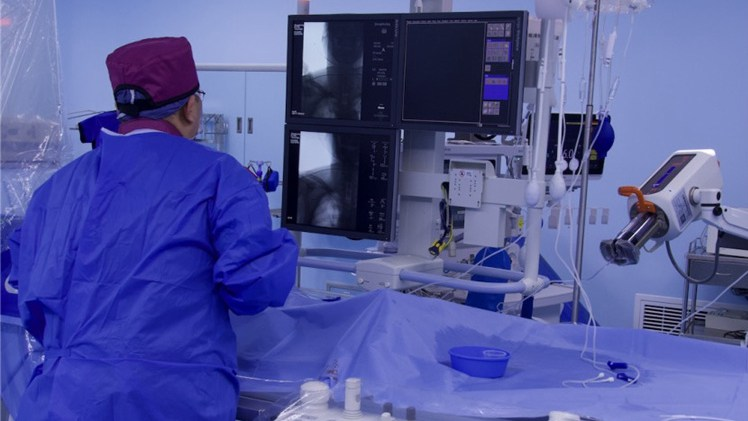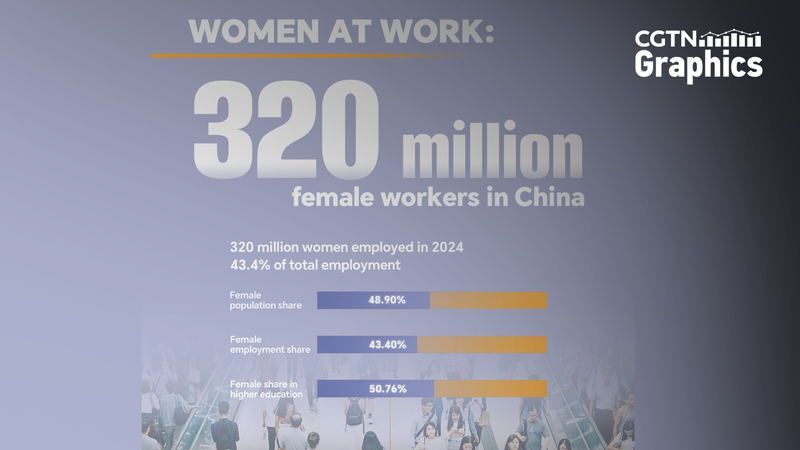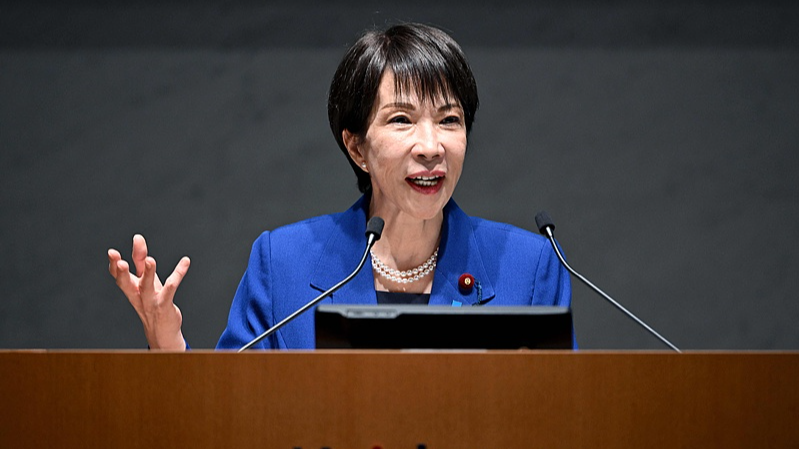Imagine performing everyday tasks using only your thoughts: that future took a major step forward this week on the Chinese mainland. Researchers from Nankai University announced they have completed the world's first interventional brain-computer interface (BCI) trial in a human, offering new hope for paralysis recovery.
The 67-year-old male patient, who had left-side paralysis for six months following a cerebral infarction, was able to grasp objects and even take medicine after the procedure. This milestone demonstrates how BCI technology can translate neural signals into real-world actions.
Unlike previous techniques that require opening the skull, the Nankai team used high-precision imaging to guide a stent electrode into the cranial blood vessel wall via neck vessels. A wireless unit implanted under the skin collects and transmits brain electrical signals to external devices, enabling precise control of limb movements.
Since the operation, the system has run smoothly without complications such as infection. "This approach significantly reduces surgical risks, maintains high signal quality and shortens recovery," says Professor Duan Feng, who led the project.
The breakthrough builds on the team's 2023 interventional BCI trials in non-human primates. Looking ahead, researchers plan to recruit more participants and explore additional rehabilitation methods, laying the groundwork for broader clinical use.
As the technology evolves, less-invasive BCIs could redefine rehabilitation for patients with motor dysfunctions worldwide, marking a new chapter in medical innovation.
Reference(s):
China completes world's first interventional BCI experiment on a human
cgtn.com


